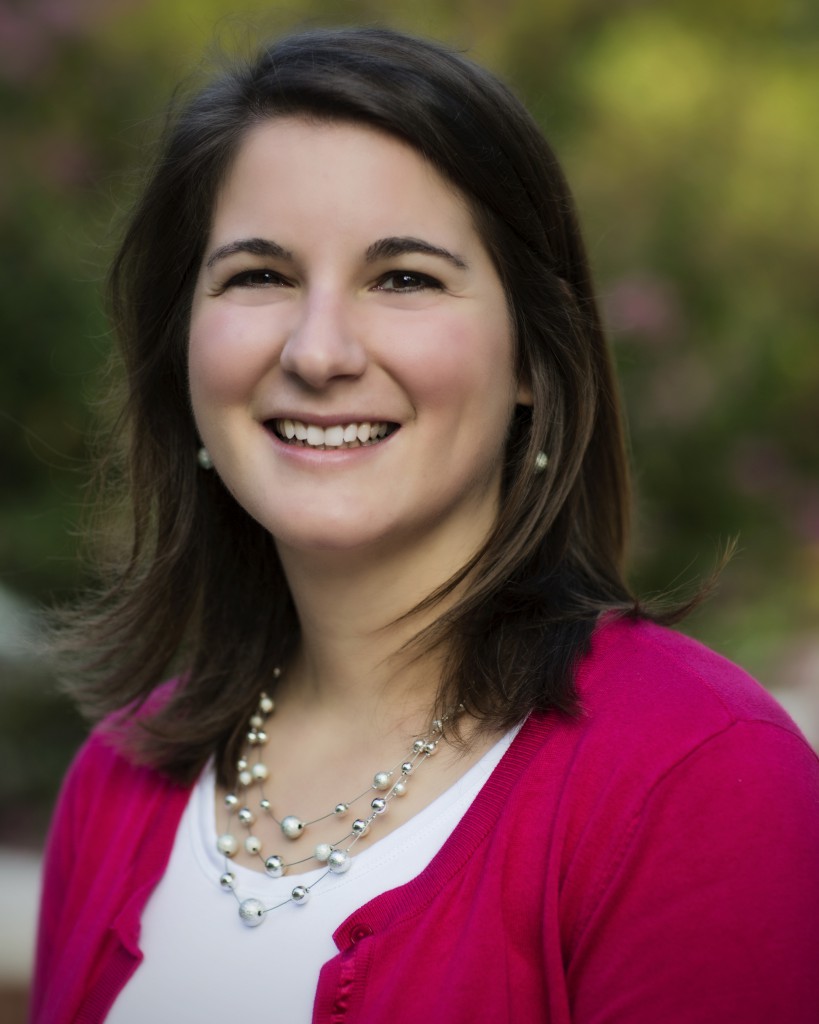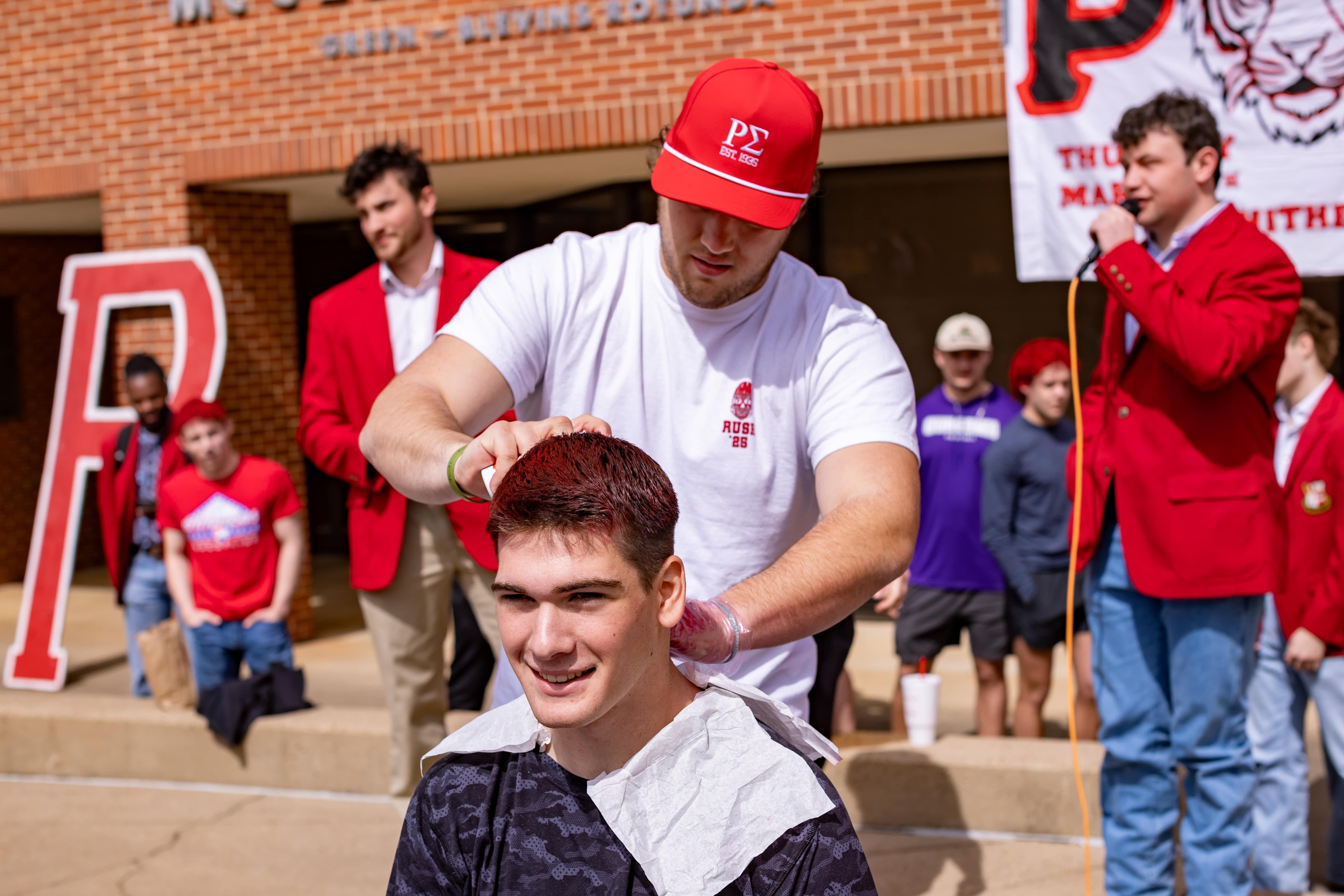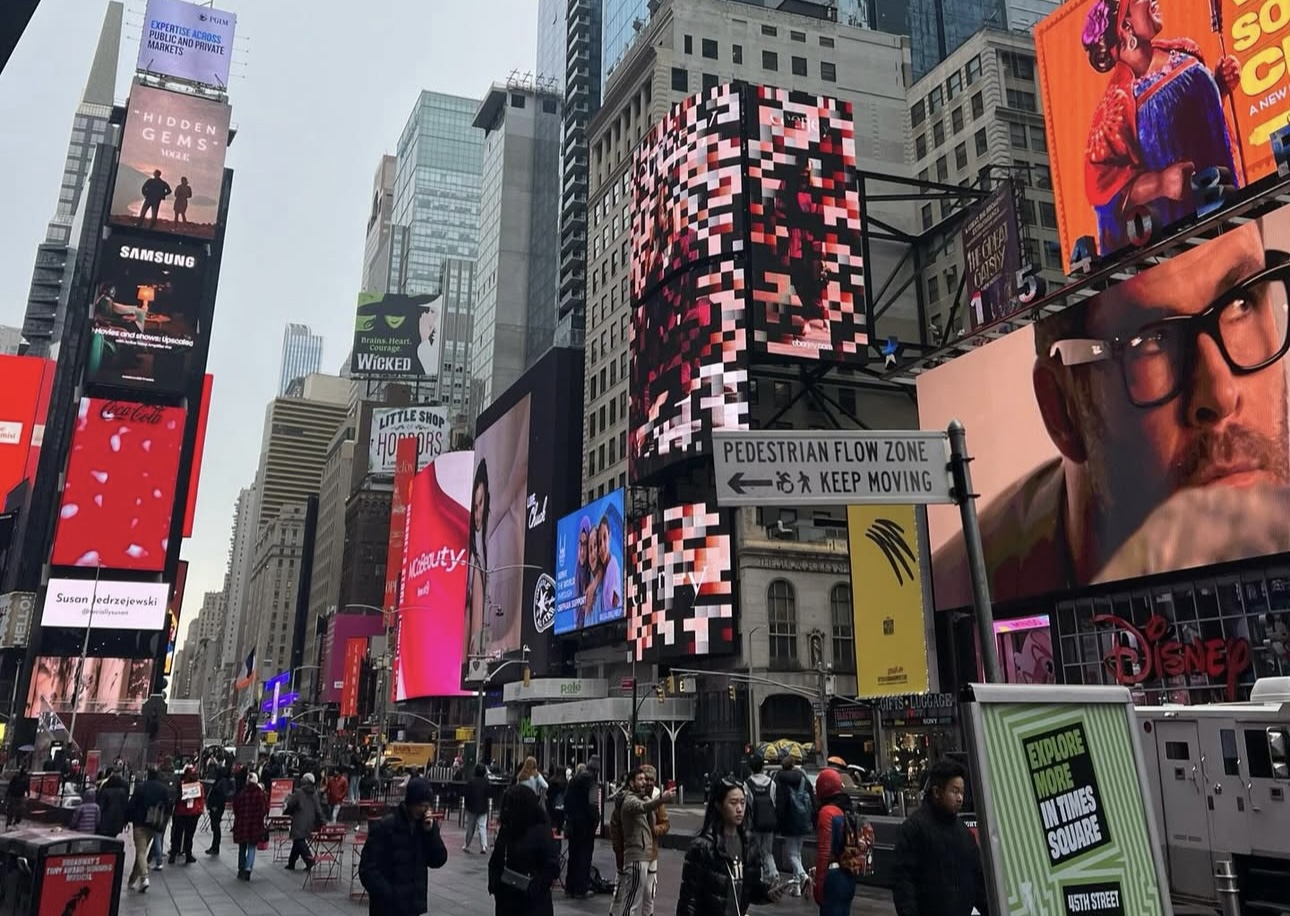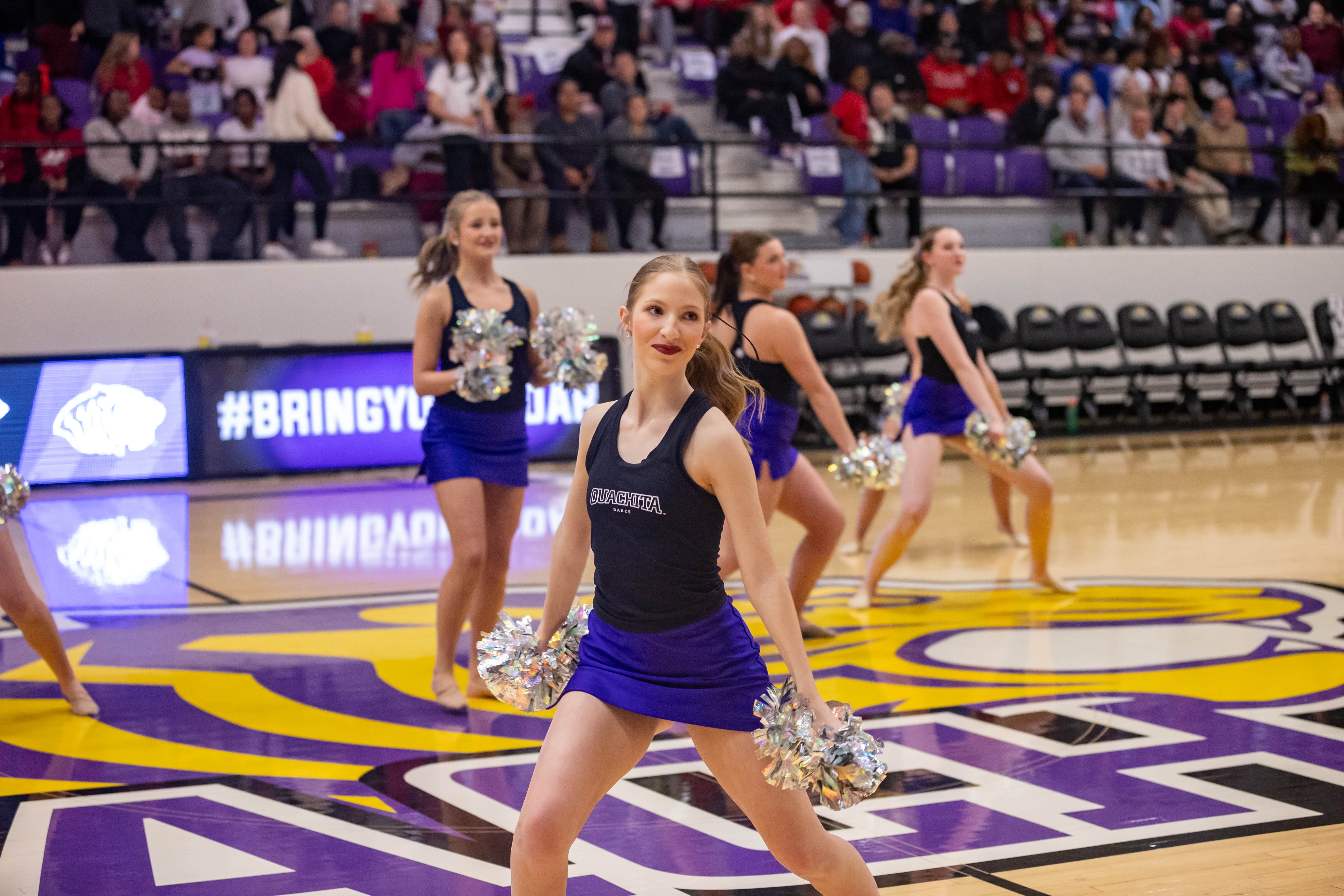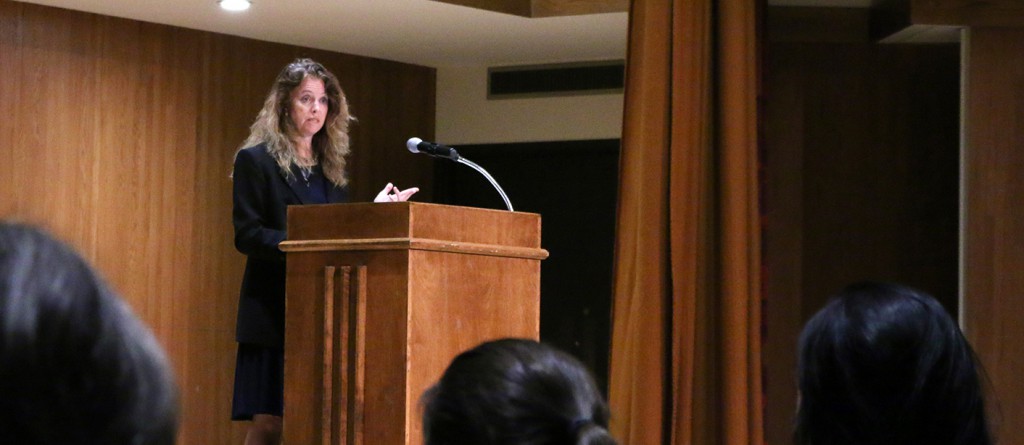
Exploring “Ethics and Implications: Remembering the Private Citizens We Once Were,” Dr. Leigh Fanning presented this semester’s Birkett Williams Lecture at Ouachita Baptist University. Dr. Fanning is president of Versiera, LLC, a software engineering enterprise.
The endowed lecture series is held each semester and rotates among Ouachita’s seven academic schools. This semester, the J.D. Patterson School of Natural Sciences invited Fanning, the great-great granddaughter of Dr. John W. “Jack” Conger, Ouachita’s founding president, as the guest lecturer. She addressed the ethical dilemmas that our society faces regarding the notion of privacy and the way technology is impacting younger generations who are not yet aware of its implications.
Fanning, a native of Albuquerque, N.M., earned a Bachelor of Science degree in engineering physics from the University of Colorado at Boulder in 1987. Following more than a decade of work in industry, she earned her master’s degree in computer science from the University of New Mexico (UNM) in 2007 in the area of computational biology. In 2014, after starting Versiera, she joined the UNM Molecular Computing Group where she earned her Ph.D. in computer science.
In her presentation, Fanning posed the question, “Should people be tracked like packages?” She used this question to illustrate how the ethical issues of privacy often do not have clear answers.
In many situations, outcomes can be both beneficial and detrimental depending on perspective and context, she explained. Lines become blurred when the loss of privacy causes an individual to suffer, while greatly benefiting a larger group in society.
“On one hand, an individual might suffer from loss of privacy, and on the other hand, a group will prosper with access to that information,” Fanning stated. “The converse is also possible. A group may suffer from loss of privacy, and an individual may profit from knowing something about that group.”
Fanning specifically addressed privacy issues regarding commerce and health care. Many companies today retrieve information on customer spending and use it to create customer profiles. They do this through the use of algorithms that track customers’ physical presence and where their eyes travel as they walk through the store.
Through her studies, Fanning also revealed that 43 percent of free health apps for mobile devices gained individuals’ health information and sold it to other advertising companies. They were able to do this through the apps’ privacy policies.
“Private data is gathered and sold every time we use our phones, get on the Internet or check our e-mails,” Fanning noted. “Everything that we do on the Internet, everything we type into Google is being saved. What is truly remarkable in all of this is the economic benefit of neglecting private information. It is not the case that all of these databases stay individual and separate. They are routinely used together in new ways and for new purposes.”
For those born after 1980, she said, the growth of technology and the Internet is often seen as innovative and exciting. Those born before 1980 typically are more hesitant to embrace these new technological advances and tend to value privacy more. Fanning suggested that these “disruptions” and varying viewpoints help move society forward and “continue on this path of progress.”
“Many people have just given up or they are not aware of what is happening, and in some ways we are handing over control of our own lives,” Fanning added. “I believe we need to be very careful treading down certain paths, but not so careful that we just give up the potential benefits for really solvable theories of pernicious problems.”
Ouachita’s Birkett Williams lecture series was established in 1977 as a gift from the late Birkett L. Williams, a 1910 Ouachita graduate. The lecture series gives students the opportunity to extend their liberal arts education outside of the classroom by inviting leading scholars and public figures with diverse backgrounds to Ouachita’s campus.
For more information, contact Dr. Tim Knight at knightt@obu.edu or (870) 245-5528.
By Cimber Winfrey

